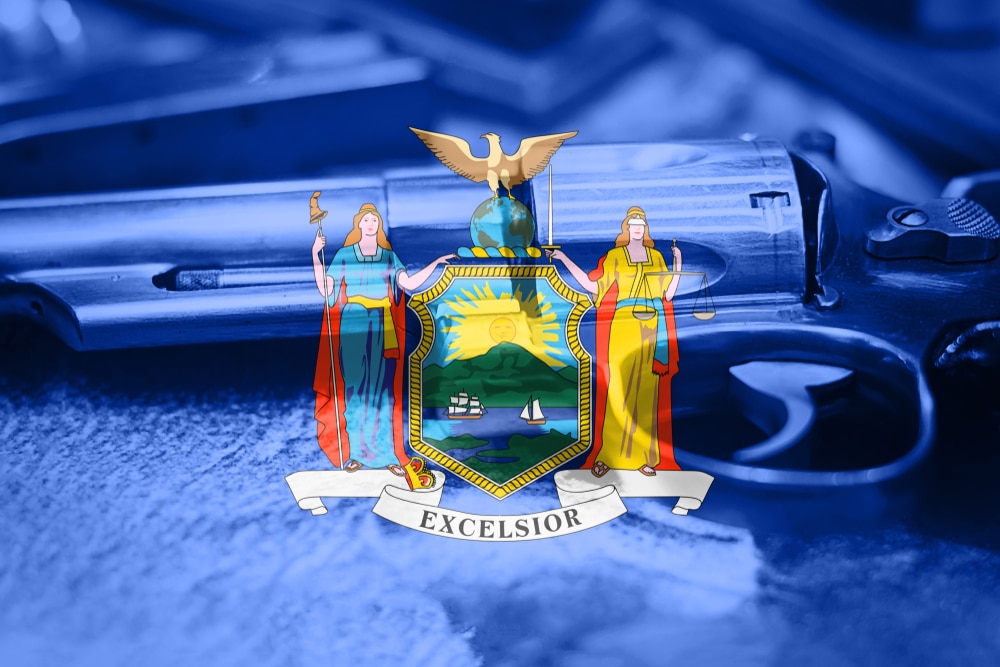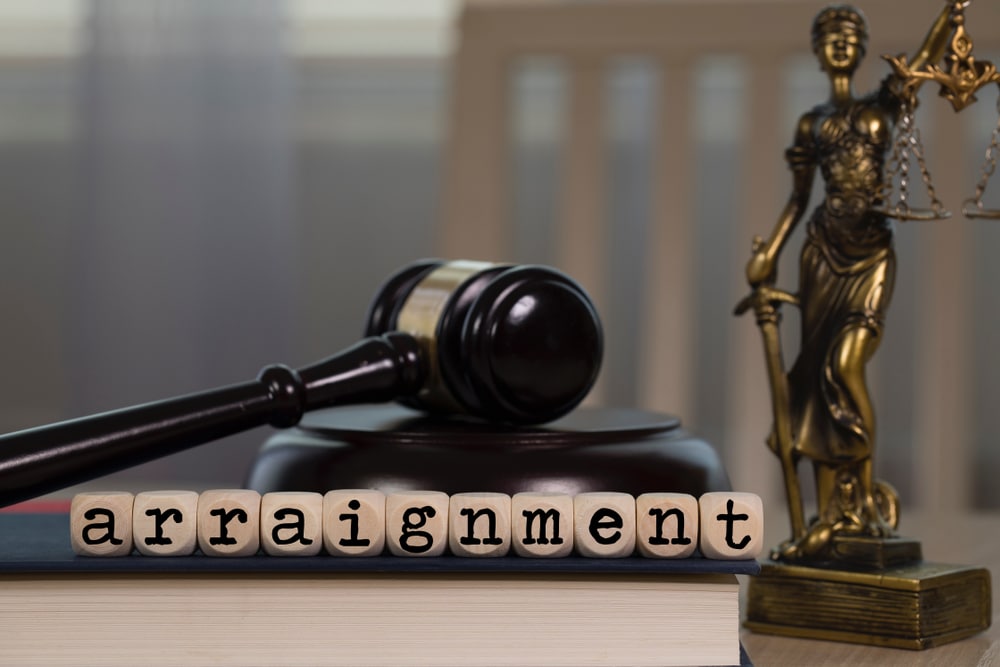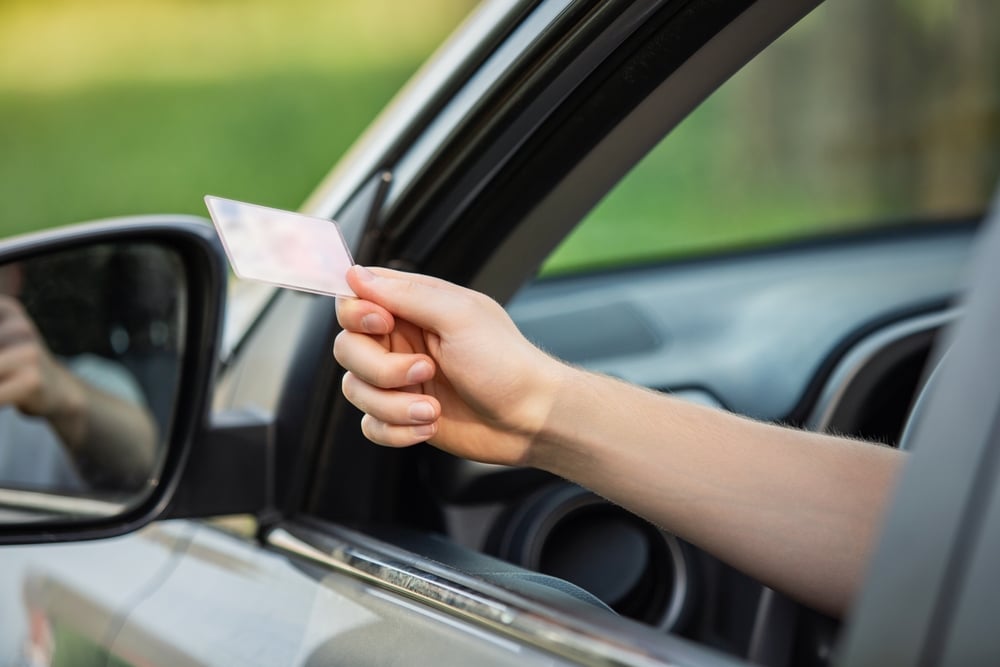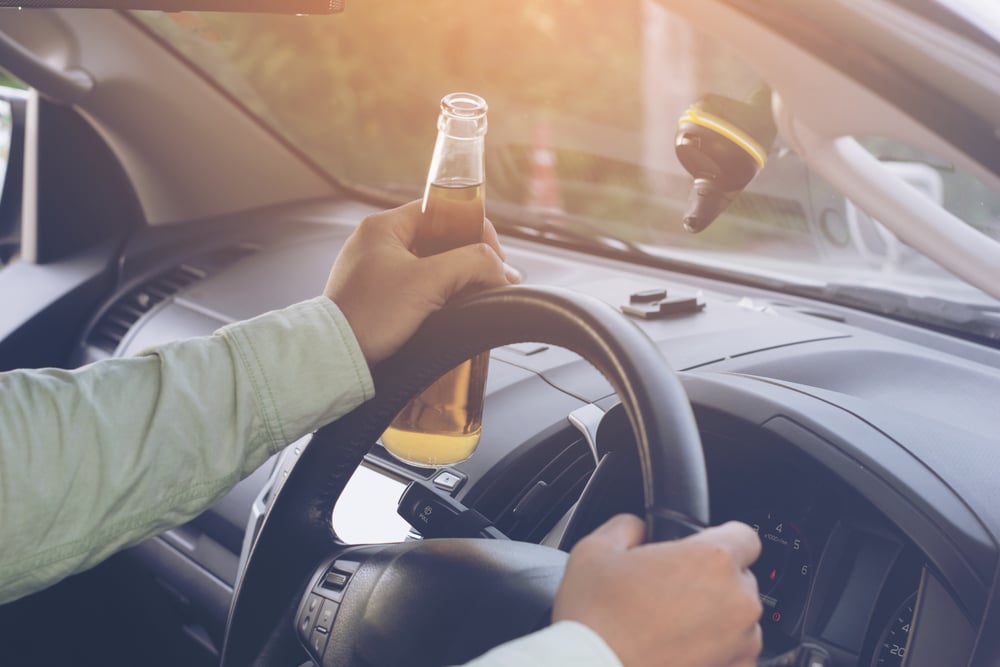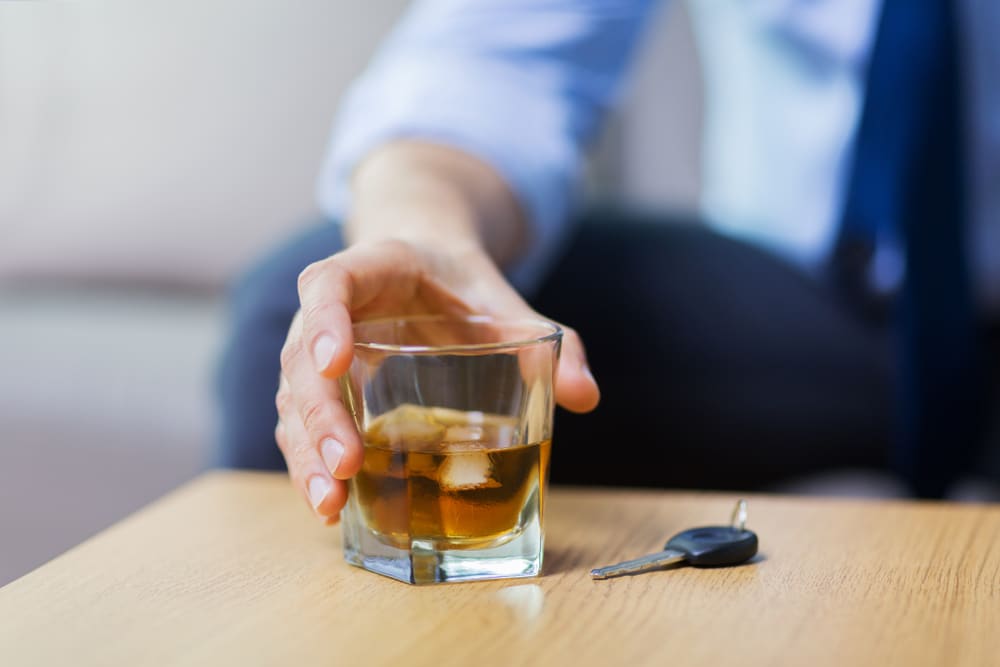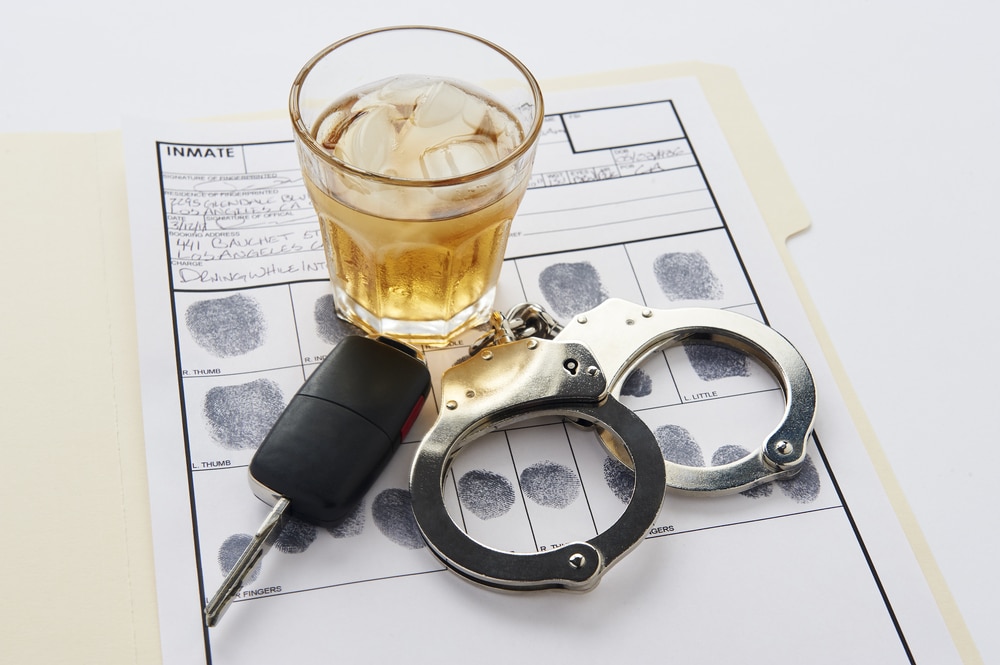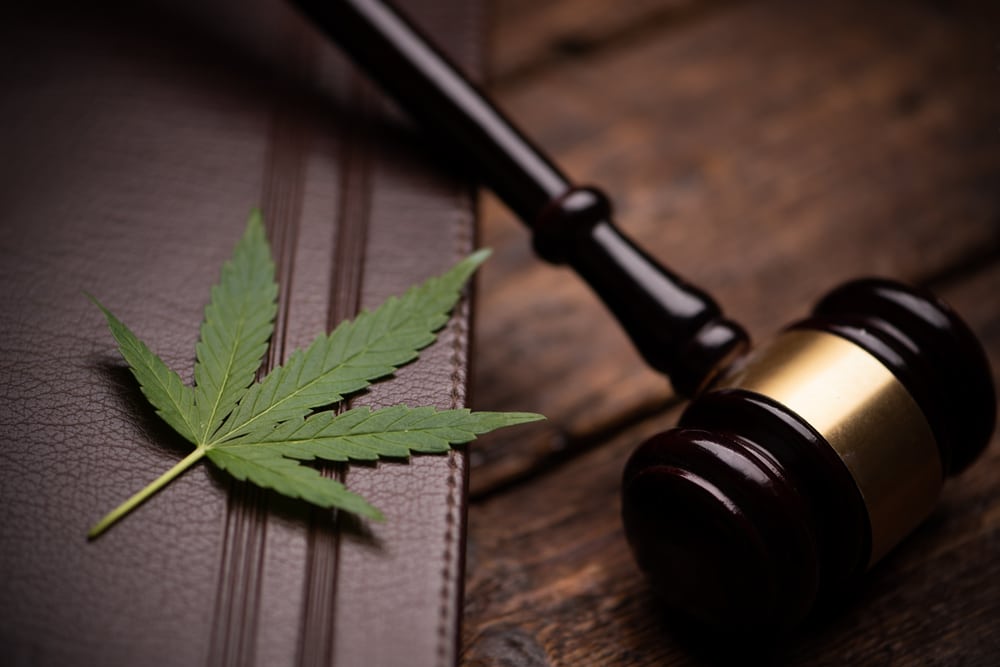New York has some of the strictest weapons laws in the nation. Critically, not only can being convicted of a weapon crime lead to a criminal record, but it can also result in the long-term ramifications that come with one — impacting both your daily life and livelihood. If you are facing a weapons crime offense, it’s essential to have the representation of a skillful criminal defense attorney who can create a tailored strategy in your case to fight the charges against you.
Types of Weapons Crimes
Most people are familiar with the laws restricting firearms. However, it’s important to be aware that New York also limits the possession and use of various other types of weapons, including certain types of knives, ammunition, brass knuckles, tasers, and many more. Common weapons crimes in New York can include those in the following categories:
- Criminal possession of a weapon — New York imposes stringent penalties when it comes to the possession of illegal weapons. There are specific laws that prohibit the unlawful possession of firearms, switchblade knives, brass knuckles, and certain other weapons. This crime is divided into four degrees, based on the severity of the offense.
- Possession of a weapon on school grounds — A person can be found guilty of criminal possession of a weapon on school grounds if they knowingly and unlawfully possess a firearm, shotgun, or rifle on grounds used for educational purposes without written authorization from the school leaders.
- Weapons trafficking — New York’s weapons trafficking law prohibits the illegal transportation, transfer, or sale of firearms, ammunition, or other dangerous weapons. This offense is divided into three degrees, depending on the seriousness of the offense.
- Menacing with a weapon — The offense of menacing with a weapon involves using a firearm or other dangerous instrument to threaten or intimidate another, placing them in reasonable fear of physical injury.
Significantly, the penalties for a weapons offense will depend on the specific charge and can vary widely. For example, criminal possession of a weapon in the first degree — the most serious weapons possession charge under the New York Penal Law — is a Class B felony that can carry a maximum of 25 years in jail. A person can be found guilty of this crime if the prosecution can prove they possessed an explosive substance with the intent to use it against another, or they possessed 10 or more firearms. Criminal possession of a weapon in the fourth degree is a Class A misdemeanor that comes with a penalty of up to one year in jail — this offense applies to anyone carrying an illegal weapon.
Defense Strategies for Weapon Crimes
There are a number of defenses that can be used if you’ve been charged with a weapons possession offense. A knowledgeable criminal defense attorney will be able to assess your case and determine the best defense strategy. For instance, if law enforcement did not follow proper protocol in obtaining the evidence that led to your arrest, they may have conducted an illegal search and seizure in violation of your Fourth Amendment rights. A defense attorney might also be able to attack the prosecution’s case by challenging the chain of custody if there are any discrepancies as to how the weapon or other evidence was handled or stored.
Another common defense strategy in a weapons offense case is asserting lack of possession. Otherwise, if the evidence against you is strong, your attorney may be able to negotiate a lesser charge. By working with the prosecutor to negotiate a plea bargain, your defense attorney may be able to reduce the potential penalties you might otherwise face if your case goes to trial and a guilty verdict is returned.
Contact an Experienced New York Criminal Defense Attorney
If you have been accused of a weapons possession offense, it’s vital to have a skillful criminal defense attorney by your side who knows how to fight the charges that have been brought against you. The attorneys at D’Emilia Law offer aggressive representation to those who are facing a wide array of weapons crimes and work to obtain the best possible results in their cases. To schedule a consultation, contact us at 1-888-DEMILIA.

